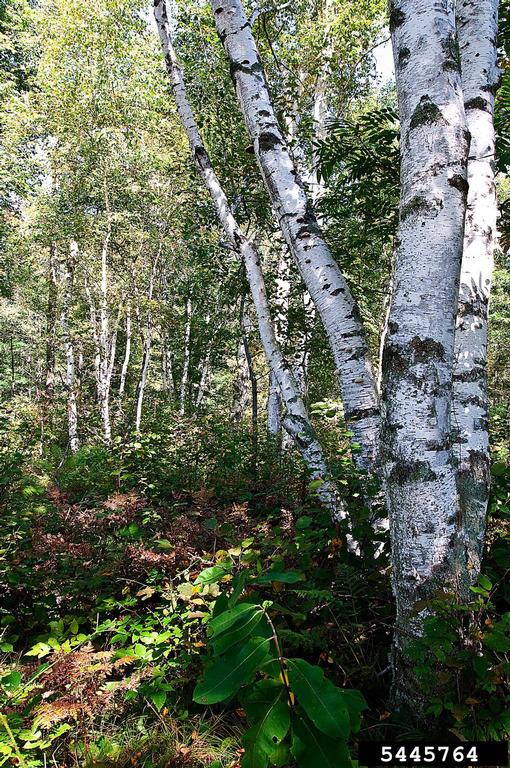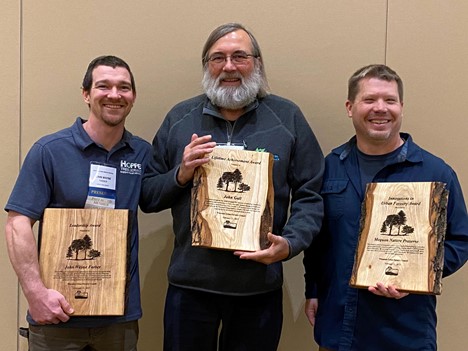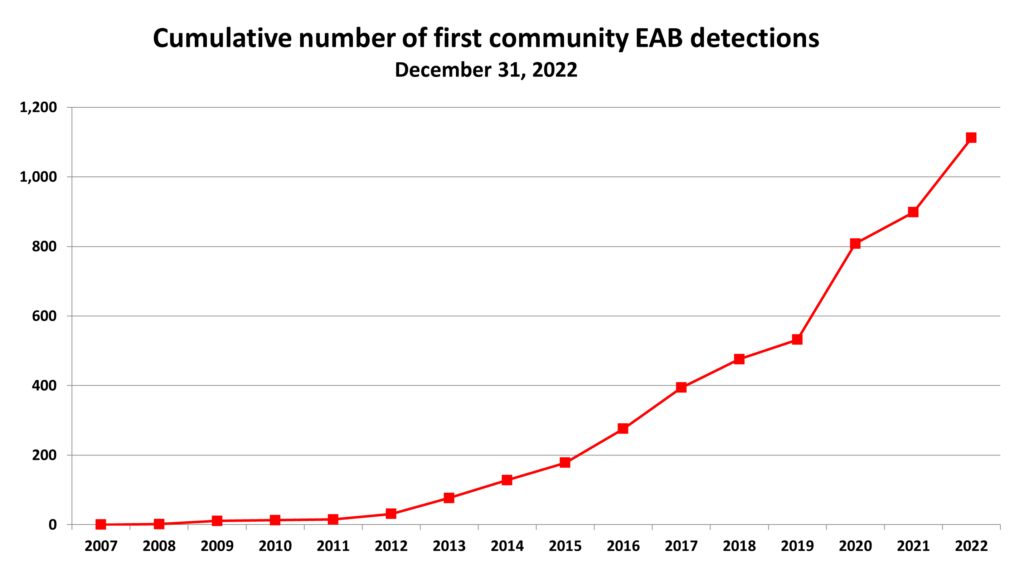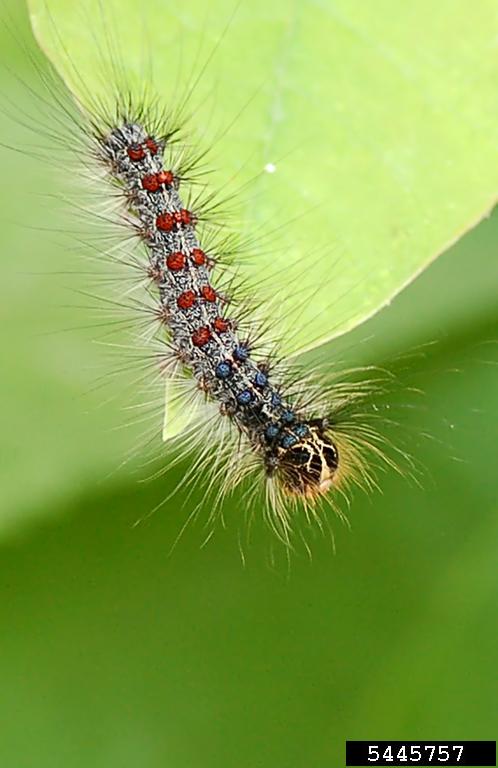The PROTECT Discretionary Grant Program is a new grant opportunity available through the U.S. Department of Transportation (DOT) Federal Highway Administration. PROTECT stands for Promoting Resilient Operations for Transformative, Efficient and Cost-Saving Transportation.
This new program funds projects addressing the climate resilience of transportation systems, including improving highways, public transportation, ports and intercity passenger rail. Selected projects will use innovative and collaborative approaches to risk reduction through the use of nature-based solutions, including conservation, restoration or construction of shade trees, native vegetation, bioswales, marshes, wetlands, breakwaters, reefs and dunes. These methods will help reduce heat impacts, flood risks, erosion and wave damage while also creating habitat, filtering pollutants and providing recreational benefits.

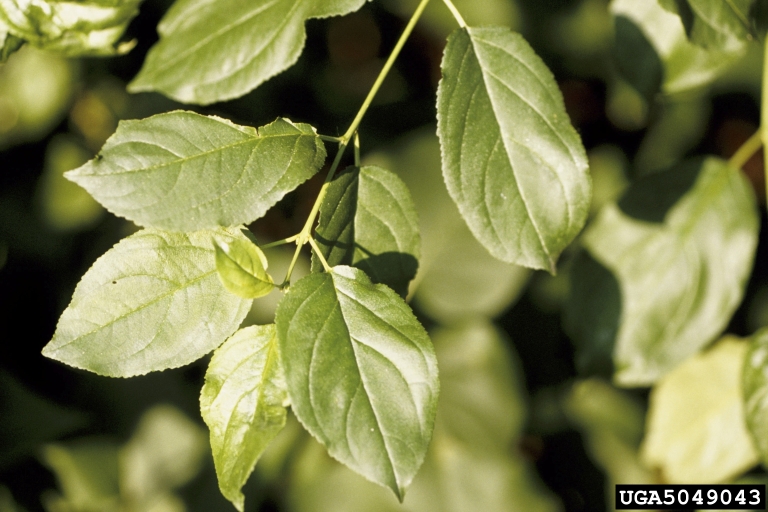
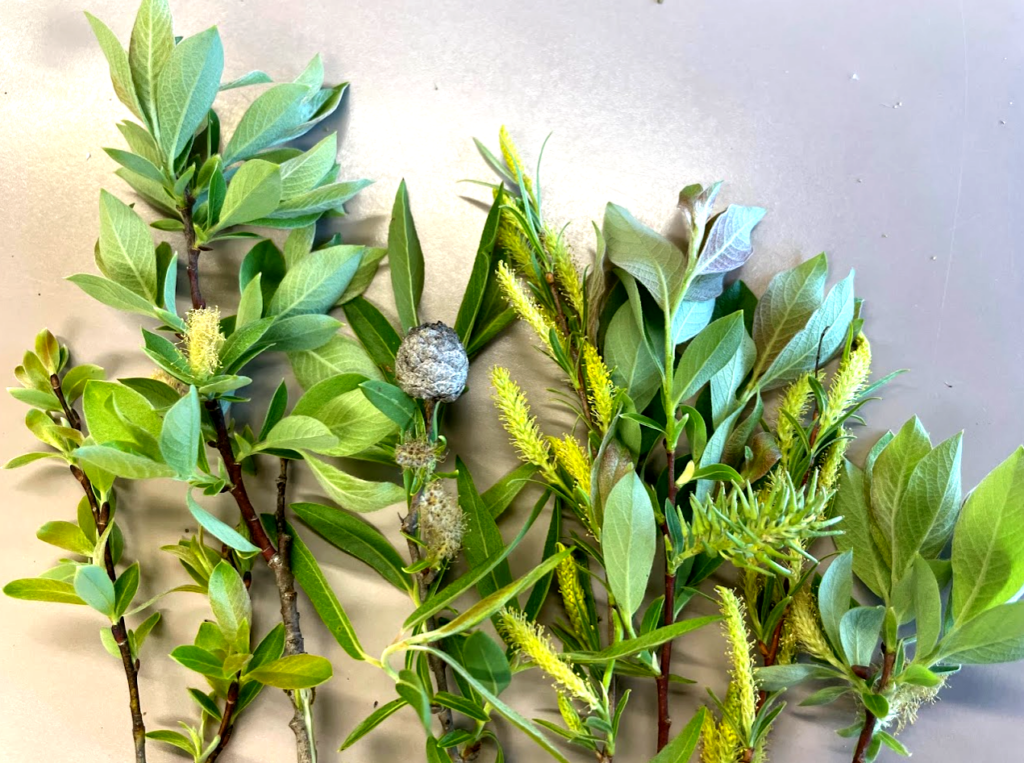 Expand your restoration skillsets by getting past the Genus Salix to further your understanding of willow species identification, their habitat needs and their importance for pollinators. Follow Zach Khron and Matt Smith into off-trail areas of Riveredge’s uncommon habitats to find willow populations, identify at the species level and discuss management. We will start our day in the lab to review herbarium specimens and end it in the field.
Expand your restoration skillsets by getting past the Genus Salix to further your understanding of willow species identification, their habitat needs and their importance for pollinators. Follow Zach Khron and Matt Smith into off-trail areas of Riveredge’s uncommon habitats to find willow populations, identify at the species level and discuss management. We will start our day in the lab to review herbarium specimens and end it in the field. The city of Madison is happy to announce Ian Brown as the new City of Madison Forester.
The city of Madison is happy to announce Ian Brown as the new City of Madison Forester.